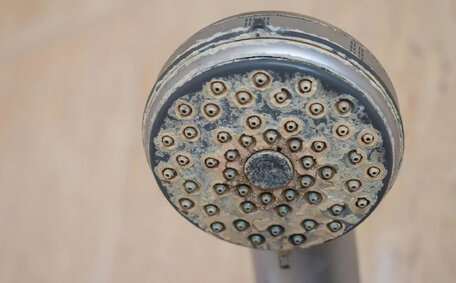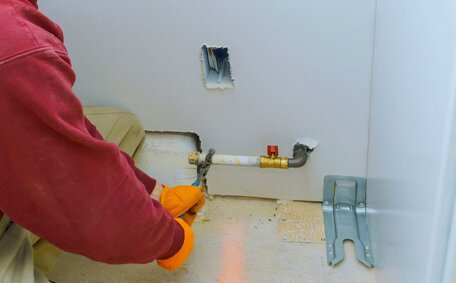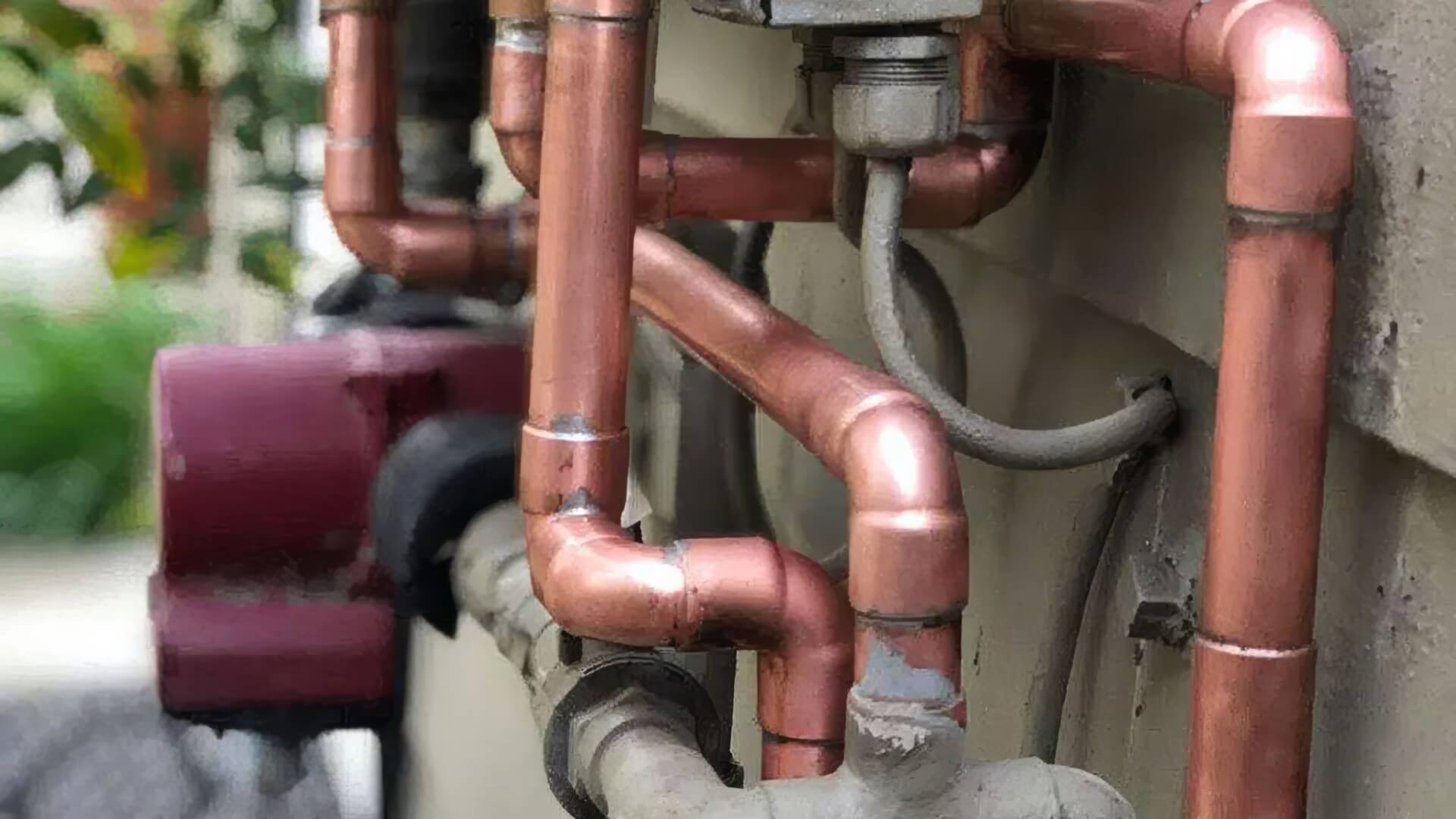Recognizing the signs of substandard plumbing
Identifying substandard plumbing involves watching for warning signs such as leaky pipes, dripping taps, poor ventilation, and incorrect drainage. The need for immediate repairs on recently completed plumbing often indicates poor workmanship.
The Australian Consumer Law and the Plumbers Act require licensed plumbers to stand by their work with warranties, like in Western Australia where a 5-year warranty covers plumbing jobs under AUD 500.
Occasional errors can occur even with experienced plumbers, but consistent issues often signal poor workmanship. Ongoing substandard plumbing has serious long-term effects, such as water damage and mould, leading to costly future repairs.
Being vigilant from the outset and hiring reputable experts protects you in the long run.
Common indicators of poor workmanship
Visible signs such as erratic water pressure, uncompleted junctions, or persistent dripping, along with functional problems like regular blockages, sluggish drainage, and strange sounds from the hot water system or taps, can point to substandard craftsmanship.
Early failure of new fixtures suggests inadequate installation techniques. Persistent leaks and mould around wet areas like sinks and toilets call for further investigation. If such issues arise, consult a knowledgeable plumber for a second opinion and advice.
While occasional errors are not uncommon, a pattern of issues typically indicates substandard workmanship. Plumbers, governed by Australian consumer law, are obligated to deliver work that adheres to professional standards. If poor quality is suspected, the first step is to contact the tradesperson for repair, replacement, or refund.
Using inferior materials and fixtures
To cut costs, some plumbers may opt for inferior plumbing materials, which might seem sufficient initially but are prone to early failure and can pose safety risks.
Key indicators of substandard fixtures and fittings include the following:
- Plastic pipes or fittings rather than copper for supply lines
- Low-grade faucets made from thin metals prone to leaks
- Non-compliant flexible hoses that can burst under pressure
- Flaking pipe sealant or loose joinery between fixtures
Subpar plumbing might provide a temporary fix, yet can lead to serious complications over time. For example, inferior plastic pipes become brittle and crack over time. The resulting leaks and rupture damage can be extensive.
When sourcing materials, make sure your plumber goes the extra mile to provide written assurances that all products used comply with Plumbing Code of Australia standards. Don’t hesitate to request details on exactly what brands and grades chosen, and enlist a professional who can give advice, coupled with your own suitability checks.
Quality fixtures last longer, require fewer repairs, and illustrate how much preventive measures can mitigate water damage hazards. Although substandard materials seem cheaper upfront, you pay the ultimate price over the lifetime of a plumbing system.
Improper drainage and ventilation
Inadequate drainage and ventilation in plumbing systems causes extensive problems over time. Slow draining water, gurgling sounds, and outright obstructions indicate issues lurking beneath the surface.
Without proper downward flow, drain lines accumulate debris and grease buildup. Vent pipes also allow air pressures to equalise so water flows freely. Insufficient vents result in regular clogging and backups.
During building work, whenever a plumber goes to slope drainage pipes, they must do so correctly without kinks that restrict flow. Vent pipes should also take the most direct path possible to terminate above the highest fixture. Failure to do so leads to self-syphoning and water traps.
Detectable sewer gas smells also signify poor workmanship, stemming from incorrectly connected drains or fractured vent pipes, both of which carry health hazards and explosion risks.
If you observe slow drains, overflows, or foul odours, have a professional inspect your plumbing ventilation. Early intervention prevents expensive repairs down the track from extensive drainage deterioration or water damage.
Consequences of substandard plumbing
Neglecting proper plumbing maintenance and tolerating inferior workmanship carries severe consequences over time. These include:
- Higher costs for repairs and replacement of failed parts
- Extensive water damage leading to mould, erosion, and structural issues
- Health hazards from contamination or sewer gas exposure
- Voiding of insurance policies and statutory warranties
- Plumbing failures that impact occupancy or require evacuation
Small problems, such as leaky pipes, can escalate into major disasters if neglected. A recent case saw cracked drainage pipes cost a homeowner $250,000 to rectify damage done over years. More than just superficial problems, such extensive consequential damage can result when substandard plumbing issues are neglected.
Licenced plumbers must guarantee their services and offer warranty insurance by law. Identifying and addressing problems early is key to prevent the heavy consequences down the track.
Higher costs over time
Tolerating subpar plumbing invariably leads to higher long-term costs in multiple ways.
Inferior materials and shoddy workmanship fail more often, necessitating repetitive repairs or full replacement - an avoidable expense.
There is also the cumulative financial impact of collateral damage from leaks, flooding, and other failures over time. For example, pervasive moisture infiltration promotes mould growth and erosion which requires extensive remediation down the track.
Ongoing issues like insufficient drainage or venting may drive up water bills too. Preventable waste from leaks or tap faults all contribute higher utility charges.
Although rebates and warranties might cover initial repair costs, homeowners typically shoulder longer-term expenses. And without full disclosure of defects, future works can invalidate existing consumer protections.
In economic terms, defective plumbing generates substantial negative externalities by transferring long-tail risks and inflated costs to those impacted by the substandard work. Insisting on expertise upfront mitigates this.
Property damage
Substandard plumbing can lead to extensive property damage in several ways. Leaks from faulty fittings, pipes or joints result in water ingress that ruins walls, floors and ceilings over time. If neglected, moisture damage enables mould growth which impacts respiratory health and requires costly remediation.
Additionally, erosion from leaking plumbing fixtures can destabilise structures, leading to significant repair needs. For instance, improper bathroom waterproofing once resulted in a complete rebuild due to the failure of structural elements.
Such impacts greatly diminish aesthetics and functionality while slashing property values. Buyers, with good reason, often think it’s necessary to demand discounts or walk away from purchases after inspection reveals defective plumbing and related damage. Sellers must then either make expensive fixes or sell at a loss.
By contrast, quality plumbing materials and proper installation prevent failures that undermine real estate value. Paying competent professionals more upfront saves money long-term by avoiding costly damage remediation down the track. It also maintains desirability and saleability.
How to identify quality plumbing fixtures
High-quality plumbing fixtures are made from durable, non-corrosive materials like brass, copper, or stainless steel. Quality taps and mixers feature ceramic disc cartridges that prevent drips and leaks. Solid brass or stainless bodies resist mineral buildup and corrosion.
Avoid thin plastic components.
Choose toilets and showerheads with high water efficiency ratings to ensure optimal performance and sustainability.
Seek products certified to Australian and New Zealand AS/NZS standards as these can give assurance that the testing was stringent.
When purchasing fixtures, you can ask about warranty coverage and guarantees. Finally, buy Australian made products when possible as local standards regulations are stricter.
Consumer rights and protections
As a consumer, you have important legal rights and protections when it comes to plumbing services under the Australian Consumer Law. This guarantees certain standards that tradespeople must meet.
Under the terms of the service contract, plumbers can have a duty to:
- Carry out services with reasonable care and skill
- Ensure plumbing fixtures and fittings are fit for purpose and match descriptions given
- Provide services within reasonable expectations of time if no exact timeframe was specified
- Offer redress if a failure to meet guarantees causes loss or damage
By law, plumbers must correct issues stemming from poor workmanship or low-quality materials within a reasonable warranty period, often over 5 years for significant jobs, at no extra cost to the consumer.
If faced with ongoing plumbing issues, document the situation in detail and consider an independent assessment by an industry expert to determine if consumer guarantee obligations were met and to advise on corrective actions through the relevant channels.
Asserting your consumer rights deters unscrupulous operators and safeguards against incurring costs due to substandard work in the future. Be proactive in enforcing these rights if the quality of plumbing work does not meet acceptable standards.
Importance of hiring qualified professionals
Hiring a licensed and insured plumber is essential to sidestep risks associated with unqualified handymen. Under Australian consumer law, only qualified technicians accredited by the Plumbers Licensing Board can legally undertake plumbing work.
Licenced experts must pass extensive training, testing and compliance checks to receive authorisation. Certification verifies their expertise in various aspects, including water supply, drainage, gas fitting, roofing, and critical safety issues related to plumbing. Proper qualifications also compel plumbers to attain public liability insurance over $5 million to cover accidents or property damage related to the work they do.
By contrast, non-certified individuals lack the skills, knowledge and accountability measures needed to conduct plumbing work safely, highlighting that they can’t be entrusted with such critical tasks. Such services not only breach regulations but also lack consumer protection, warranty cover, and frequently require costly rectification by qualified professionals.
Whenever plumbing issues arise, always confirm tradesmen carry a valid licence before allowing access or authorising repairs. Several government agencies offer free online tools for verifying credentials. Hiring seasoned independent plumbers also gives assurance of their prior successful projects, showcasing the quality work they’ve done, as evidenced by their access to Master Plumbers Associations in each state under the Master Plumbers Act.
Although DIY or amateur attempts may appear cost-effective, the expense of rectifying errors later is substantial. Unskilled plumbing is responsible for 90% of water damage claims in Australian commercial properties each year, highlighting the need to hire certified plumbers from the start.
Taking action on substandard plumbing
If you suspect inferior workmanship or materials were used in plumbing work performed in your home, take action by following these steps:
- Document everything thoroughly, including taking photos of any defects, leaks, or damage.
- Check the plumber or tradesperson’s licences and credentials on your state’s government registry website.
- Contact your business in writing to request repairs, replacement, or compensation per Australian consumer law protections. Provide your documentation.
- If the issues are denied or not resolved satisfactorily, enlist a professional to force a resolution through an assessment by an independent, expert plumber. Obtain evidence regarding substandard practises.
- If unresolved, reach out to your state or territory’s consumer affairs to lodge an official complaint and take further steps to enforce plumbing standards and warranties.
- For professional assistance regarding potential recourse for done work, contact our team at Drummoyne Plumbing on 1300 349 338 or email jobs@drummoyneplumbingservices.com.au.
Quick and official action holds plumbers responsible, offers redress for shoddy workmanship, and prevents future damage.






